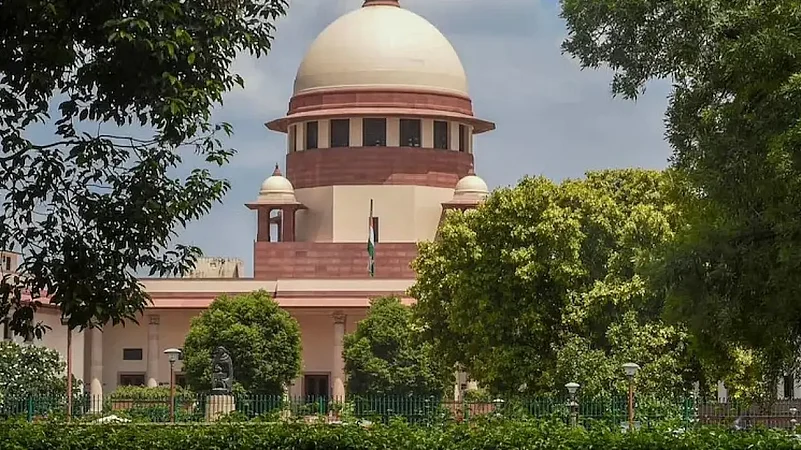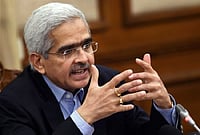The Supreme Court (SC) on Wednesday agreed to review Centre’s 2016 decision of demonetisation. Since several petitions have been filed challenging the move and questioning the decision-making process by the Modi government, the Apex Court has decided to examine the issue now.
A five-judge Constitution bench headed by Justice SA Nazeer is now expected to hear the case in November. To aid the hearing, the bench even asked Centre and Reserve Bank of India (RBI) to submit detailed affidavits on the same.
While mentioning its willingness to hear the petitions challenging demonetisation of Rs 500 and Rs 1000 notes, the bench acknowledged that it was aware of the ‘Lakshman Rekha’ on judicial review of government policy decisions. However, it added, that it was important to examine the demonetisation decision in order to understand if the issue has boiled down to a mere ‘academic exercise.’ More so, if an issue was raised in front of a constitution bench, it was its duty to answer, the bench adds.
Expressing its contention on the case, Attorney General R Venkataramani mentioned that unless the High Denomination Bank Notes (Demonetisation) Act, 1978 is challenged in a proper perspective, the issue is likely to remain largely ‘academic.’ The SC bench also added that in order for it to declare the issue academic or infructuous, it needed to examine the matter.
In 2016, the Modi government demonetised Rs 500 and Rs 1000 notes, making them illegal in a span of few hours. While the decision was primarily taken to wipe out black money from the market, over the years, it has invited a lot of heat, especially from an economic perspective.
At present, the SC has reportedly agreed to consider as many as 60 pleas challenging the move. According to a report in Hindustan Times, the bench said, “We always know where the Lakshman Rekha is, but the manner in which it was done has to be examined. We have to hear the counsel to decide that.”































